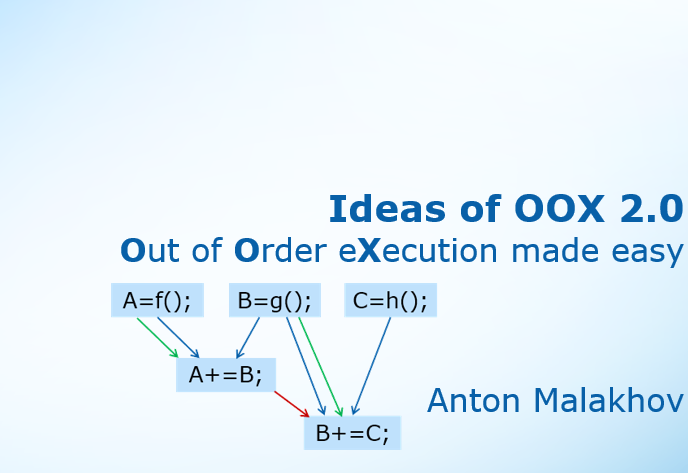
As Intel Threading Building Blocks (TBB) is being refreshed using new C++ standard, deprecating tbb::task interface, the need for high-level tasking interface becomes more obvious. In this article, I’m proposing yet another way of defining what a high-level parallel task programming model can look like in modern C++. I created it in 2014 and it was my last contribution to TBB project as its core developer after 9 wonderful years of working there. However, this proposal has not been used in production yet, so a new discussion might help it to be adopted.

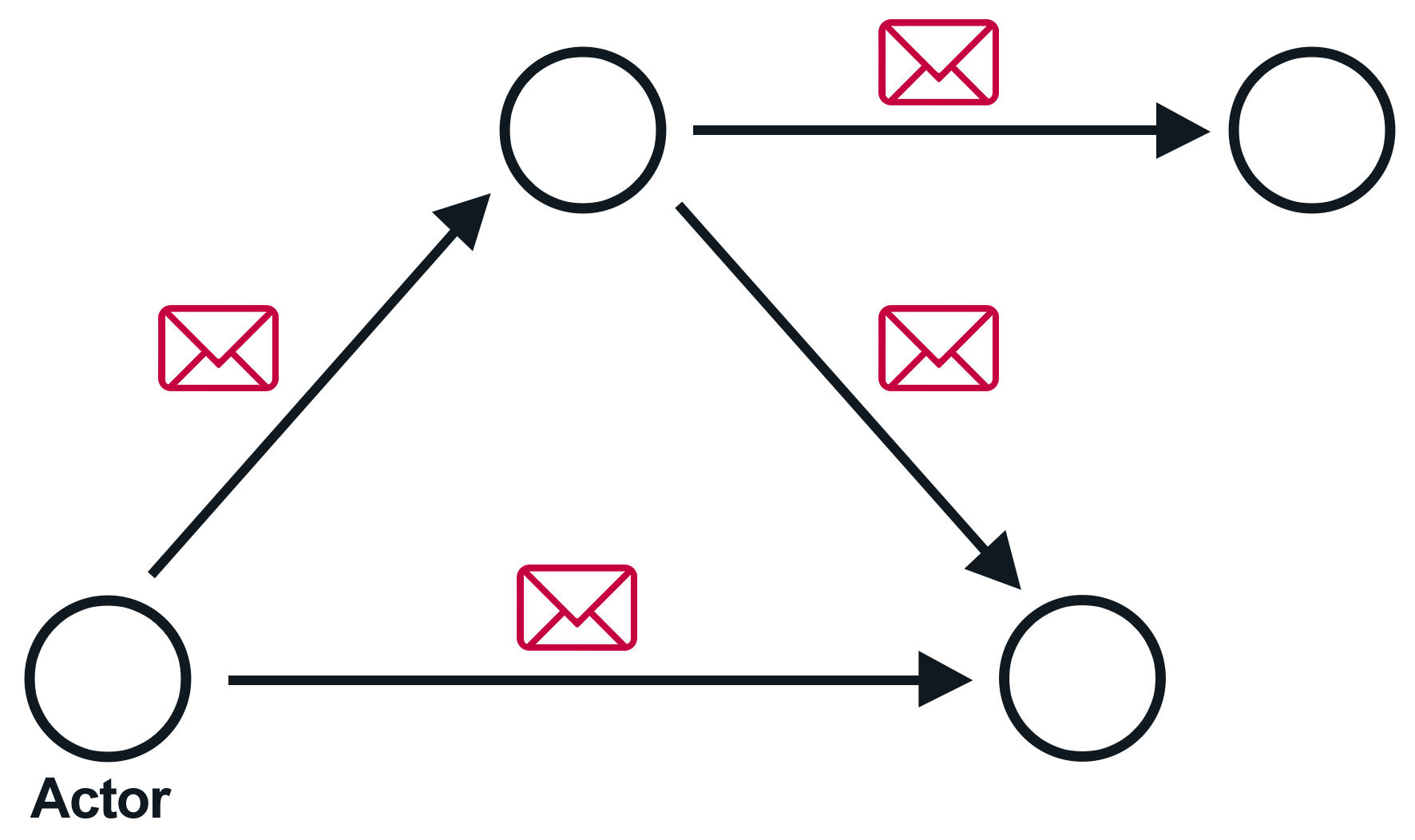




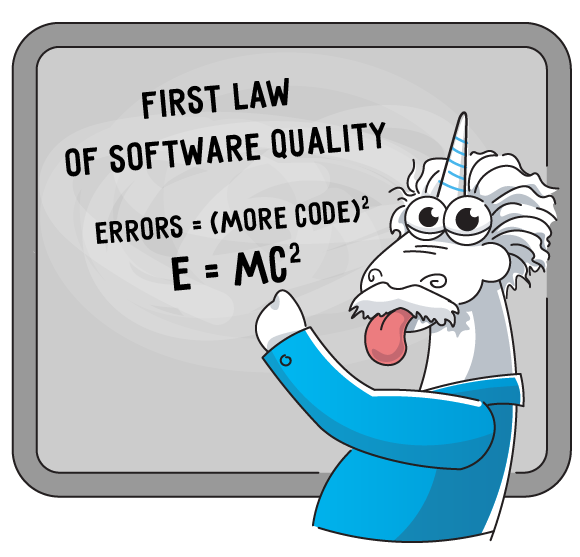






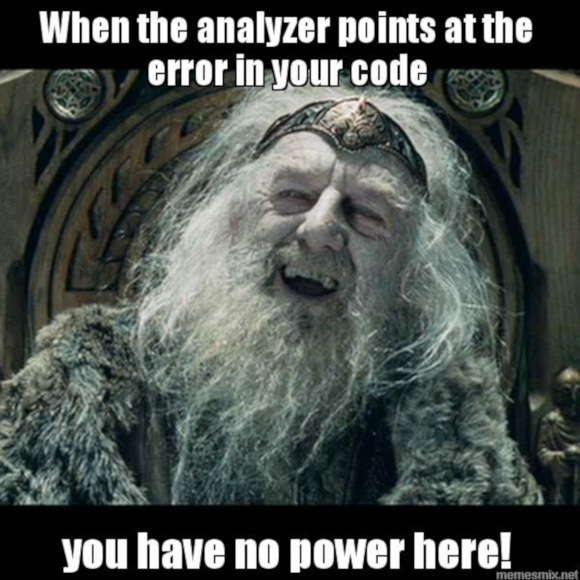
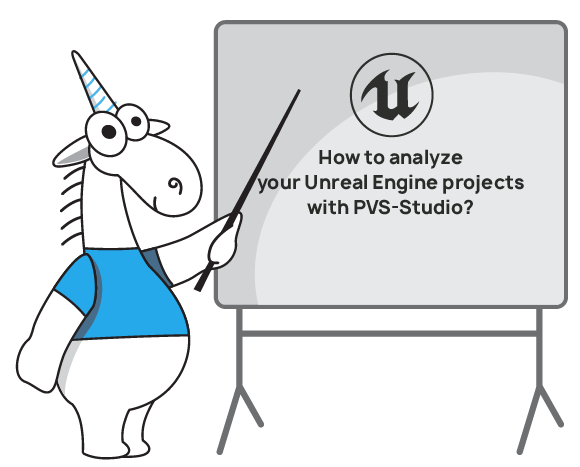



 PVS-Studio supports analyzing projects developed in C, C++, C#, and Java. You can use the analyzer under Windows, Linux, and macOS. This small article will tell you the basics of analyzing C and C++ code in Linux environment.
PVS-Studio supports analyzing projects developed in C, C++, C#, and Java. You can use the analyzer under Windows, Linux, and macOS. This small article will tell you the basics of analyzing C and C++ code in Linux environment.
